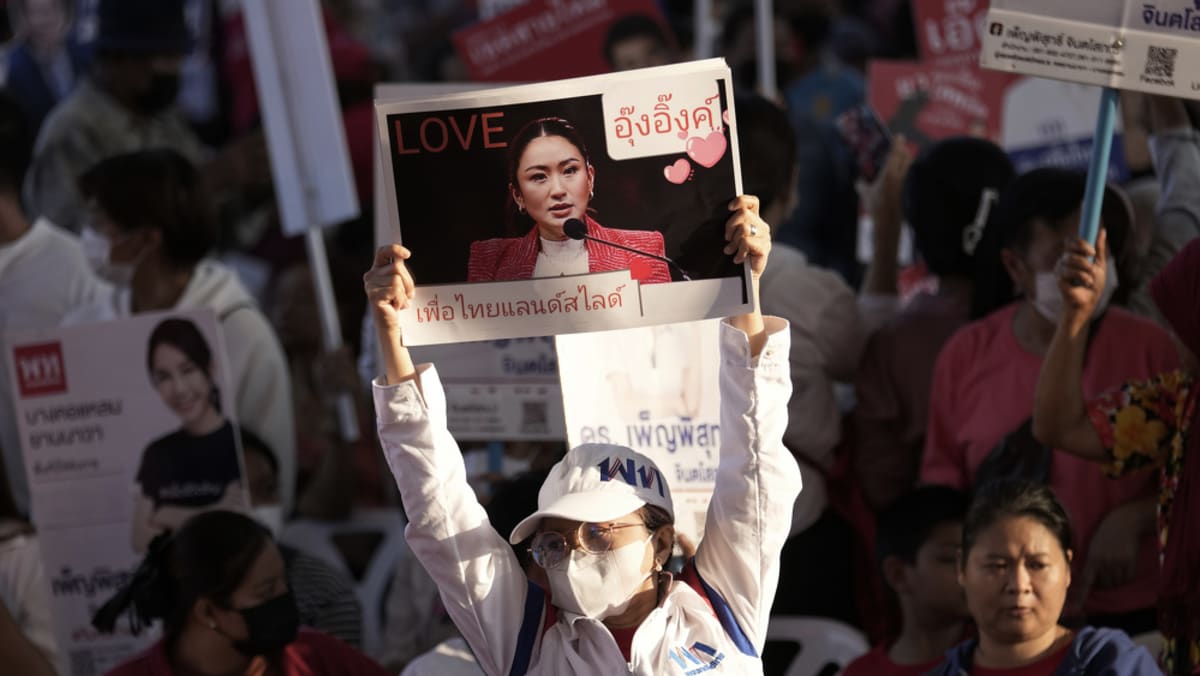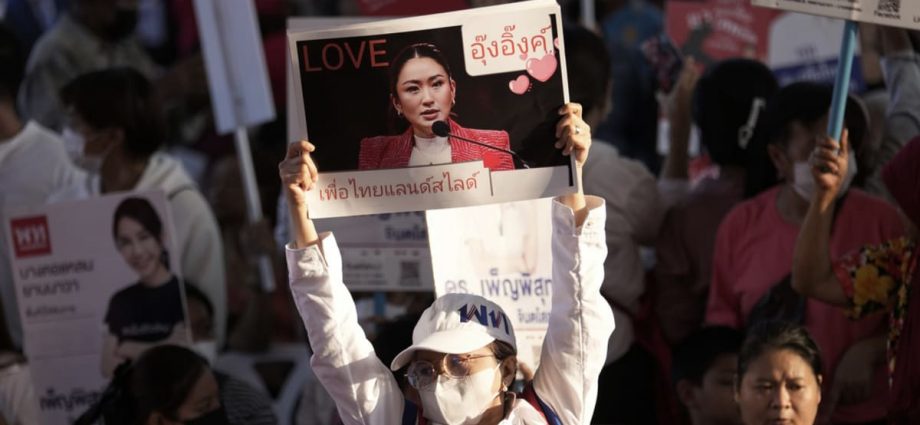
A “CROSSOVER SCENARIO”
Finally, a “crossover” scenario would involve the possible but often refuted combination of Pheu Thai and the PPRP, with other smaller parties such as Prachachat and Chartthaipattana, but excluding the MFP.
General Prawit, who played a key role in selecting senators, has rebranded himself as a force for reconciliation. As part of an attempt to transform the PPRP into a vehicle for transcending the current political divide, Prawit recently declared that a Palang Pracharath government would set up a committee to select “the best of every political party’s policies” because “the politics that is in my heart is one where no one wins completely and no one loses totally”.
Prawit’s underlying message is that the PPRP, under his leadership, is open to working with anyone regardless of ideological orientation. This includes Pheu Thai, which may need the PPRP’s support if it does not win by a sufficient margin.
If the crossover scenario occurs, Pheu Thai would likely control most Cabinet portfolios, leaving a few key ministries, potentially significant ones such as the Interior, Defence, and/or the Deputy Prime Minister position overseeing the Thai police, to General Prawit.
These concessions would serve as an internal check and balance on Pheu Thai’s dominance. Constitutional reform, specifically the amendment of Section 256 of the 2017 Constitution (governing constitutional amendments), would be more likely with General Prawit’s collaboration, as the support of at least one third of the Senate is required. This could open the door to further democratic reforms.
It is too early to tell which of these configurations or other scenarios will come to pass. However, the policy pledges highlighted in each party’s platform will not directly determine these political configurations or translate into policy outcomes that accurately mirror Thai voters’ preferences. In short, Thailand’s current policy trajectory – already fragmented, incoherent, and fraught with instability stemming from intra-coalition rivalry – will continue.
Napon Jatusripitak is Visiting Fellow in the Thailand Studies Programme, ISEAS – Yusof Ishak Institute. Ken Mathis Lohatepanont is a PhD student at the Department of Political Science, University of Michigan. This commentary first appeared on ISEAS-Yusof Ishak Institute blog The Fulcrum.

